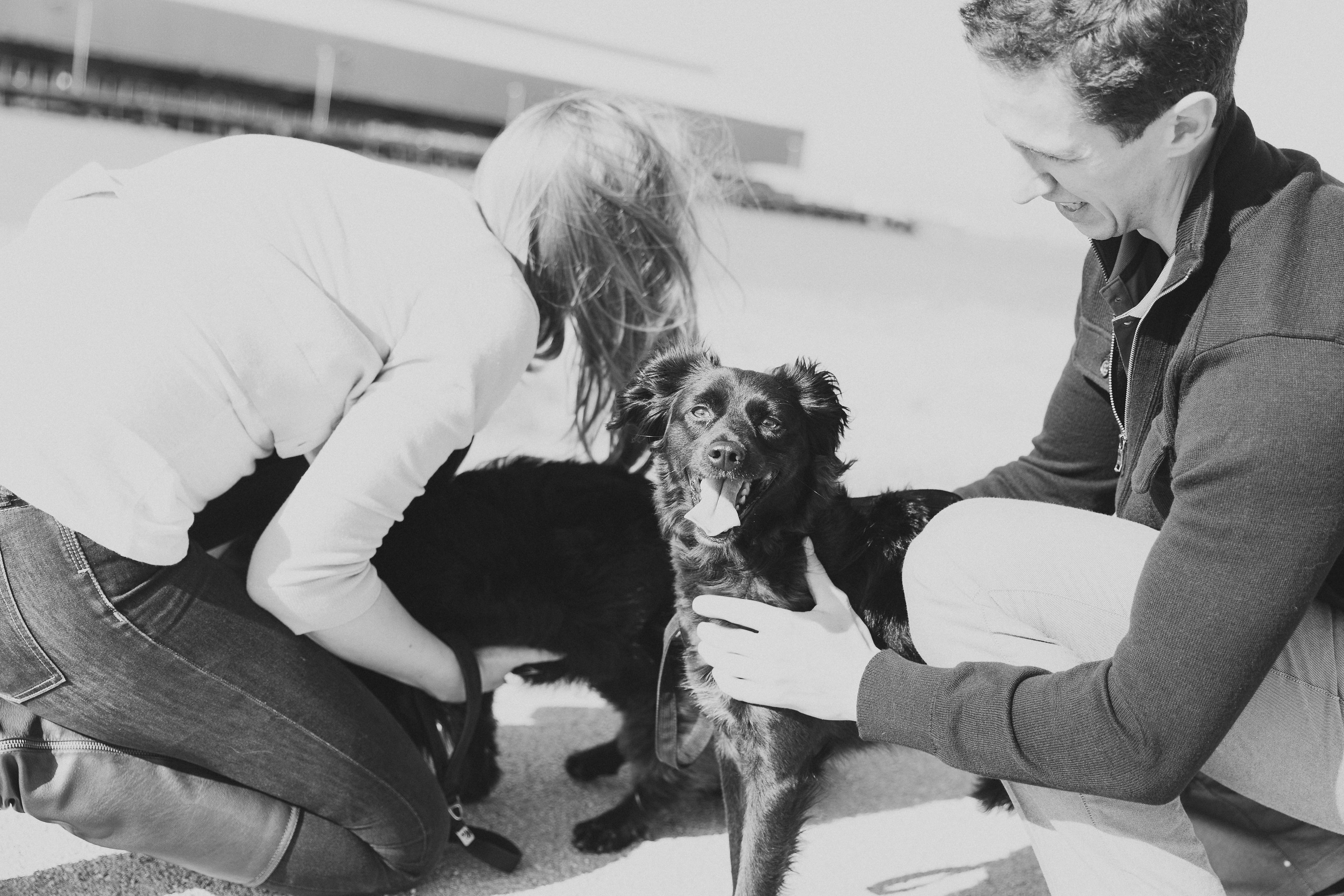Breed discrimination is a pressing issue in the shelter system, where some dogs face biases based on their breed or appearance. Every dog deserves a loving home, yet some wait longer than others in animal shelters!
Certain dogs are “passed over” and remain in shelters for extended periods. But the factors that make some dog types harder to adopt out can be changed with some effort and education.
Factors Influencing Adoptability
Breeds like Pit Bulls, Rottweilers, and other “bully” breeds often encounter unfair stereotypes and misconceptions. Due in part to misinformed beliefs, these dogs can get stuck in shelters longer, struggling to find loving homes due to their breed label.
Other factors that contribute to extended shelter stays for certain dogs are:
Size and appearance
Larger dogs or those with unconventional physical traits may face challenges finding adoptive families. Many families prefer smaller breeds.
Behavioral issues
Dogs with separation anxiety, fearfulness, or reactivity may require additional training or experienced owners. This can deter potential adopters seeking an easier transition.
Medical conditions
Dogs with chronic health issues or special needs may require ongoing care, which can intimidate potential adopters. Many families are leery or uncertain about unknown financial and time commitments.
Length of stay
Ironically, the length of time a dog spends in a shelter can impact their adoptability. Dogs that have been in shelters for an extended period may develop anxiety or behavioral issues, further diminishing their chances of finding a home.
“Every dog deserves a loving home, yet some wait longer than others in animal shelters.”
There are several ways to change the plight of dogs that are passed over in shelters. Promoting accurate and positive information about “unpopular” breeds challenges stereotypes and raises awareness. Also, each dog is unique! Spending more time advertising each dog’s individual personality, temperament, and potential suitability as a family pet can be helpful.
Each rescue organization can also implement an adoption counseling program to educate adopters about the needs and requirements of dogs with behavioral or medical challenges. This ensures a better a better match between the dog and the adoptive family.
Similarly, foster programs can provide supportive environments where a dog can begin to thrive outside of a shelter setting. Experiencing living in a stable, quiet home can help a dog overcome situational behavioral issues. A passed-over dog might have the opportunity to showcase their true potential to potential adopters if taken out of the shelter for a homestay.
Tips for Rescuing Shelter Dogs and Overcoming Bias
If you are an individual or family considering adopting a shelter dog, especially those traditionally left behind, the following tips can help:
- Look beyond breed labels: Judge each dog as an individual and consider their unique personality, energy level, and compatibility with your lifestyle.
- Invest in training and socialization: Be prepared to provide training and socialization for any dog you adopt, regardless of breed or background. Professional training can address behavioral issues and facilitate a successful transition.
- Seek guidance from shelter staff: Utilize the expertise of shelter staff and volunteers who can offer insights into a dog’s temperament, behavior, and any specific needs they may have.
- Be patient and open-minded: Give yourself time to find the right match. Don’t be deterred by preconceived notions or initial appearances; the perfect companion may surprise you.
Every dog deserves a chance at a loving home regardless of breed or appearance. By addressing breed discrimination, understanding the factors influencing extended shelter stays, and implementing practical solutions, we can begin to help all dogs find their forever homes!

If you enjoyed this post, you should read Adopting a Hypoallergenic Rescue Dog: What You Need to Know here.
Have you considered adopting a “bully” breed?
